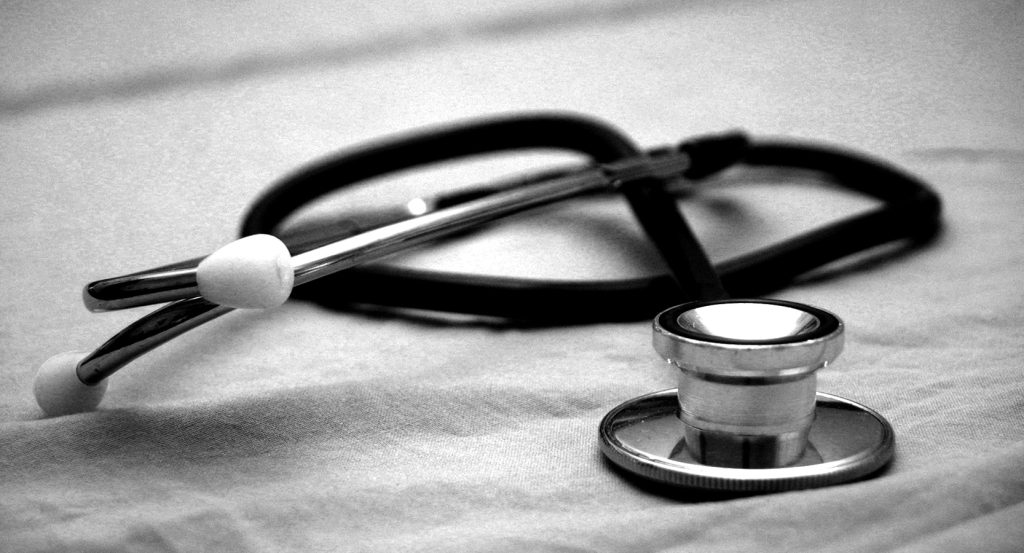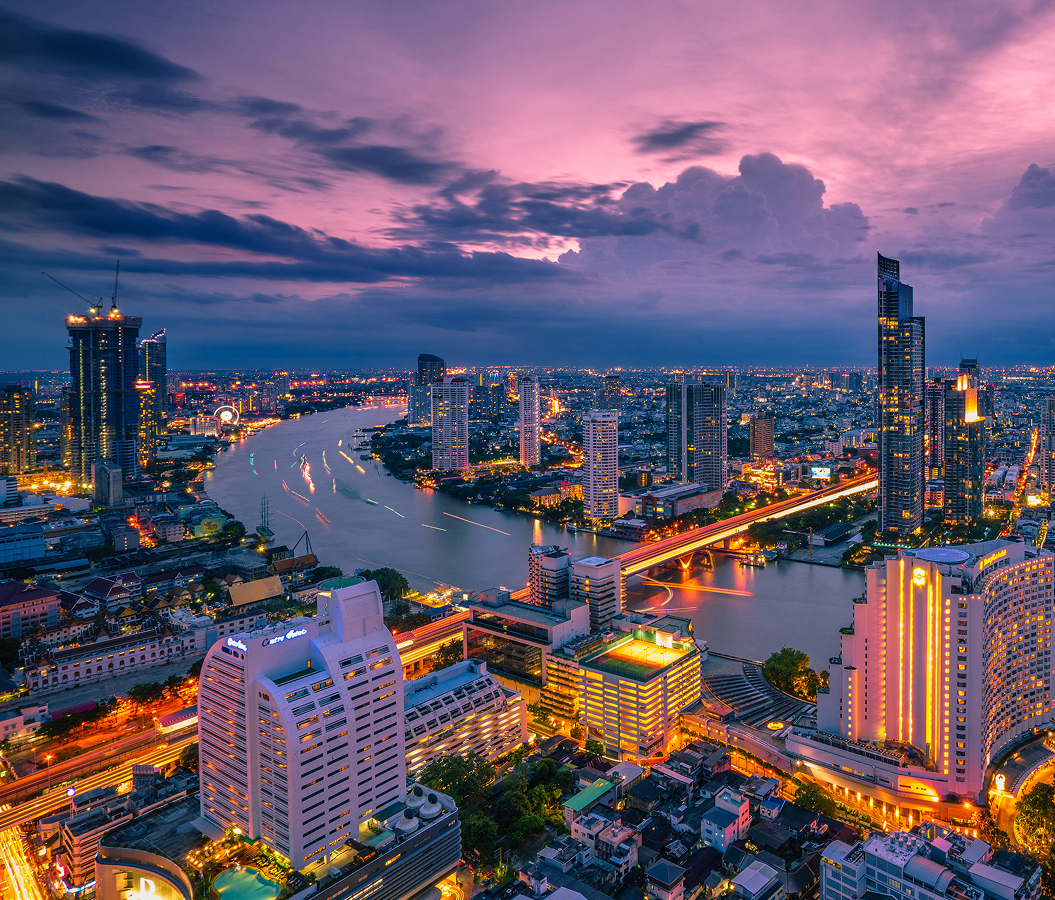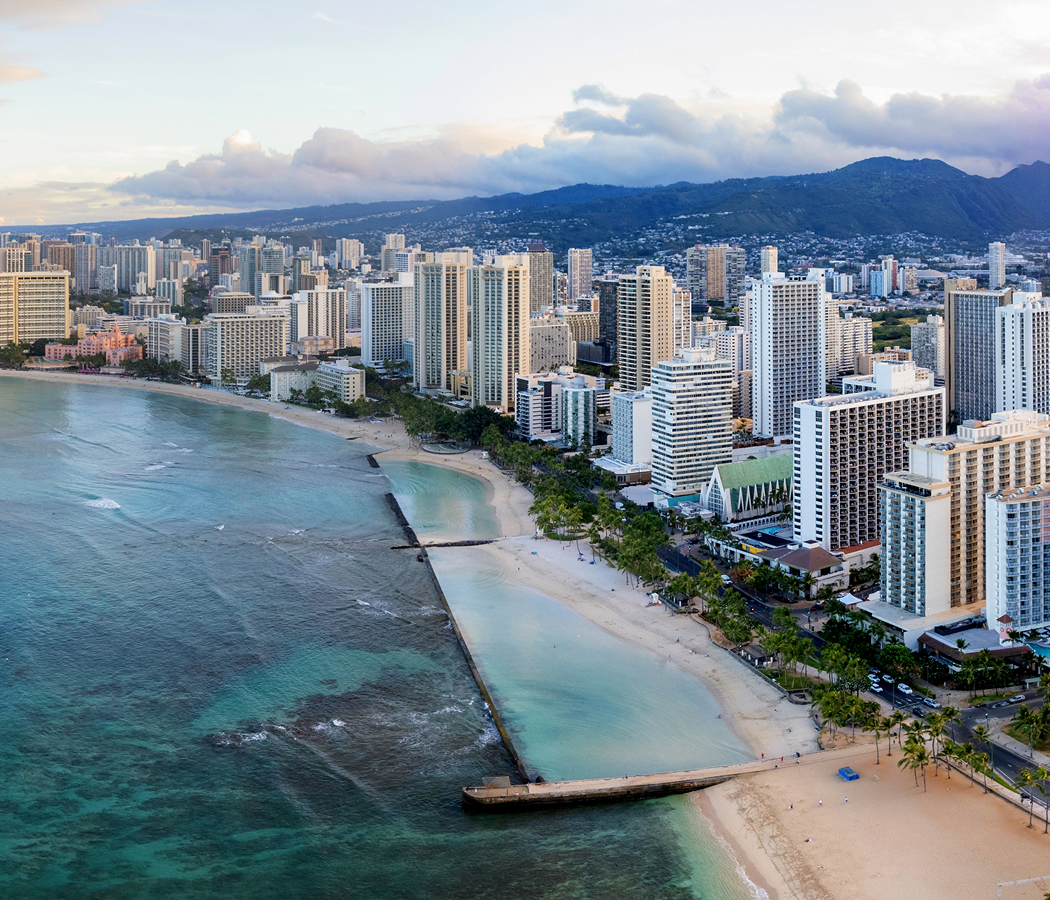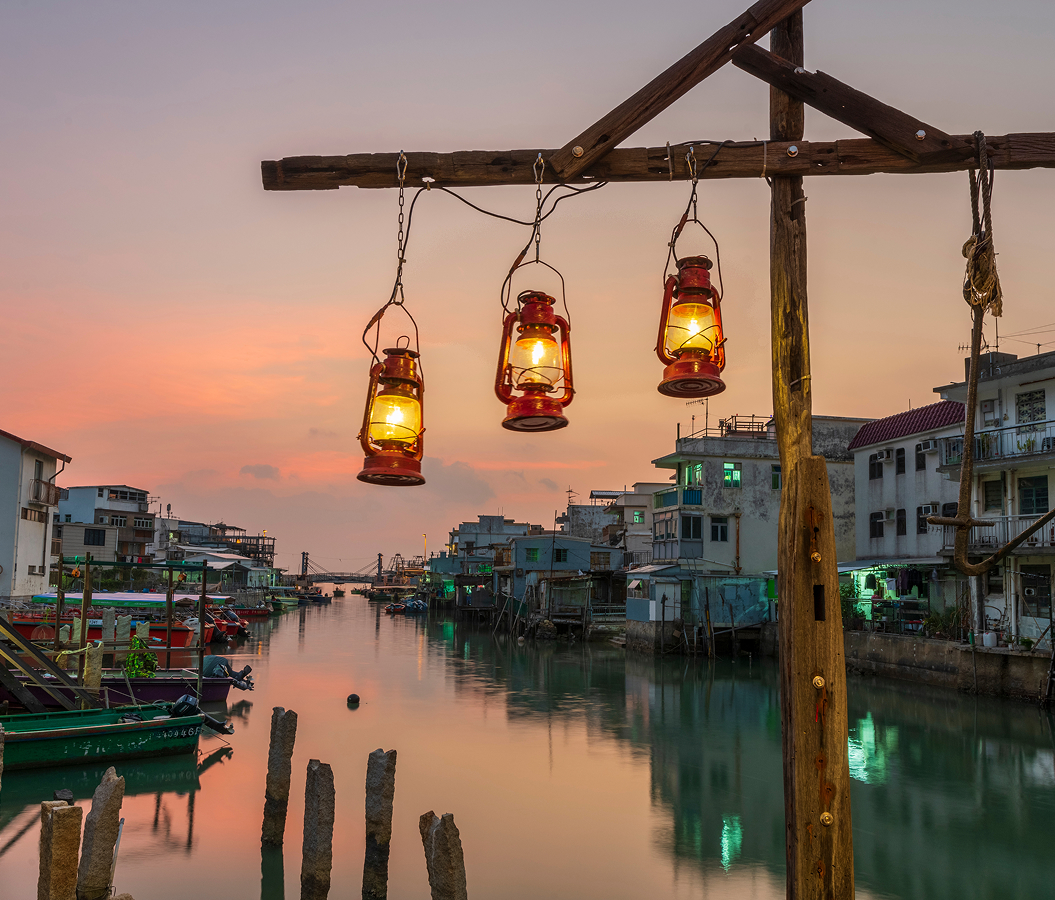
Finding medical care while traveling abroad.
You never plan to get sick or injured while traveling — but it happens. A sudden fever, a sprained ankle, or something more serious can disrupt even the most well-planned trip. Knowing how to find medical care abroad means you can deal with it quickly and safely, instead of scrambling in a panic.
From medical treatment overseas programs to understanding your insurance coverage, there are plenty of ways to stay prepared so you can focus on enjoying your trip — not worrying about the “what-ifs.”
Understand medical treatment overseas programs.
When you’re traveling, the last thing you want to think about is getting sick or injured. But being prepared means you won’t be caught off guard. Medical treatment overseas programs are designed to help you access quality healthcare no matter where you are in the world, ensuring you’re not left guessing where to go in an emergency.
Before you leave, research your options. Start with trusted resources like the International Society of Travel Medicine (ISTM) or your country’s embassy website, which often list recommended clinics and hospitals. Look for facilities accredited by the Joint Commission International (JCI), a mark of high safety and quality standards.
Skipping this step might be tempting, but standards of care can vary greatly by country. Without preparation, you risk ending up somewhere under-equipped or unreliable — like Sarah, a solo traveler who was misdiagnosed in Southeast Asia and only got the right care after her embassy referred her to a reputable hospital.
Know your insurance coverage for medical abroad.
Don’t skim over the fine print — especially when it comes to medical coverage abroad. Travel insurance is a must for anyone going overseas, but policies vary. Some cover hospital stays, doctor visits, and even medical evacuation; others may have strict limits or exclusions.
Before you go, confirm.
- Emergency medical coverage — Are hospital stays, surgeries, and doctor visits included?
- Medical evacuation — Will you be covered if you need transfer to another facility?
- Pre-existing conditions — Are they included, or do you need an add-on?
- 24/7 assistance — Does your insurer offer an emergency helpline?
If you’re unsure, call your provider and ask. It’s better to know now than find out mid-crisis.
What to do if you’re uninsured.
If you don’t have travel insurance, you still have options:
- Local clinics — Many countries have affordable public or private clinics.
- Payment plans — Some hospitals allow installment payments for visitors.
- Medical tourism packages — If traveling for a procedure, some packages include treatment and aftercare.
While these can help, they aren’t substitutes for proper insurance — especially if you travel often.
Local emergency numbers for medical care abroad.
In an emergency, every second counts — and dialing the wrong number wastes precious time. Many European countries use 112 for emergencies, while Japan uses 110 for police and 119 for ambulance/fire services.
Before you go.
- Look up your destination’s emergency numbers via government travel sites or your embassy.
- Save them in your phone with clear labels.
- Keep a physical copy in your wallet.
- Share with your travel companions.
Also keep on hand.
- Your country’s embassy contact info
- Addresses and phone numbers of reputable hospitals or clinics
- Your travel insurance provider’s 24/7 helpline
Bottom line.
Travel is about creating incredible memories, but being prepared for health emergencies is just as important as packing your passport. Research clinics, check your insurance, and save key contacts before you go. That way, if something does happen, you can focus on getting back to the fun — not scrambling for answers.
Where meaningful travel begins.
Start your journey with Foresyte, where the planning is part of the magic.
Discover the experiences that matter most.






















































































































